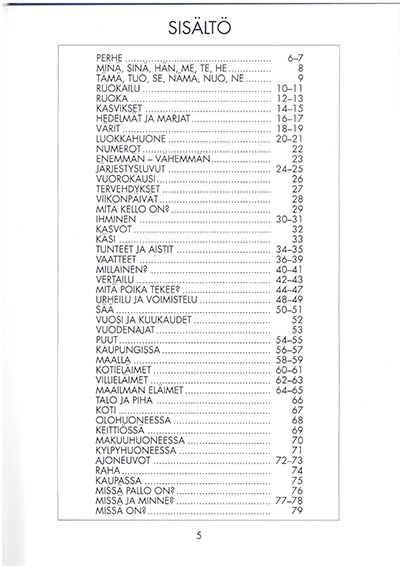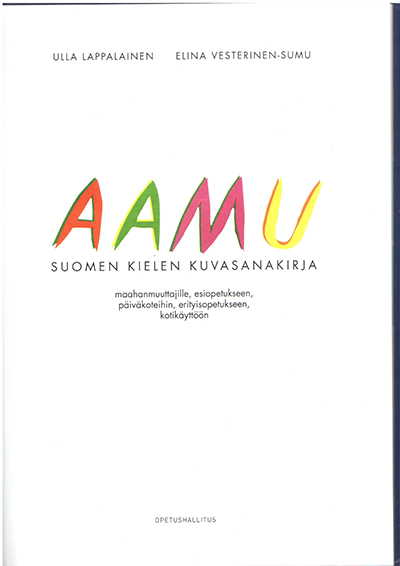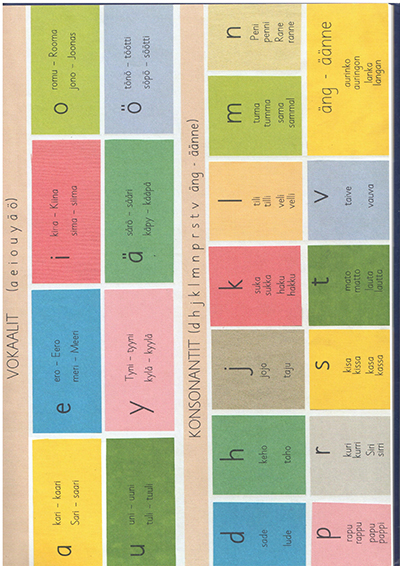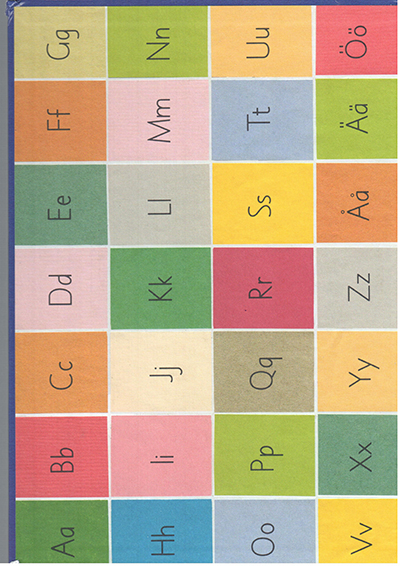| Sorted by date | |||
page185from Building Ideas
The
“iron cage” of modernity that Weber was attacking was also the target of Adorno
and Horkheimer, in terms of its basis in enlightenment rationality. In their
book, they described the workings of what they termed the “culture industry”,
where enlightenment had become “mass-deception” through the products of
technological culture. Where Hollywood movies, pulp fiction, popular music and
so on are all produced under the aegis of capitalist financing and marketing
systems, any form of resistance is prevented from ever reaching a mass audience
by the mechanisms which are set up to distribute the dominant message. As they describe
it, this homogenization is driven ultimately by technical imperative:
Interested
parties explain the culture industry in technological terms. It is alleged that
because millions participate in it, certain reproduction processes are
necessary that inevitably require identical needs in innumerable places to be
satisfied with identical goods. The technical contrast between the few
production centres and the large number of widely dispersed consumption points
is said to demand organization and planning by management. … The result is the
circle of manipulation and retroactive need in which the unity of the system
grows ever stronger.17
To try to escape this manipulation they
recommended the strategy of “negation” and “transcendence”, where the former
involved a critique of the system and the latter an attempt to see beyond it.
To
step outside the process of conditioning is the fundamental problem for the
radical philosopher; how to prevent any revolutionary thinking being merely
absorbed within the present system. If there is no “Archimedean point” from
which a neutral observer can merely observe – uncontaminated by the distorting
filter of ideological influence upon their thinking – how can a strategy of
resistance begin to suggest alternative ways of living, and thereby succeed in
persuading the masses to demand the changes necessary to achieve it? Another
member of the Frankfurt School who tried to address this intractable
|
|||
|
|||
|
|
 ... ...
... ... ... ...
... ... ... ...
... ... ... ...
... ... ... ...
... ... ... ...
... ... ... ...
... ... ... ...
... ... ... ...
... ... ... ...
... ... ... ...
... ... ... ...
... ... ... ...
... ... ... ...
... ... ... ...
... ...